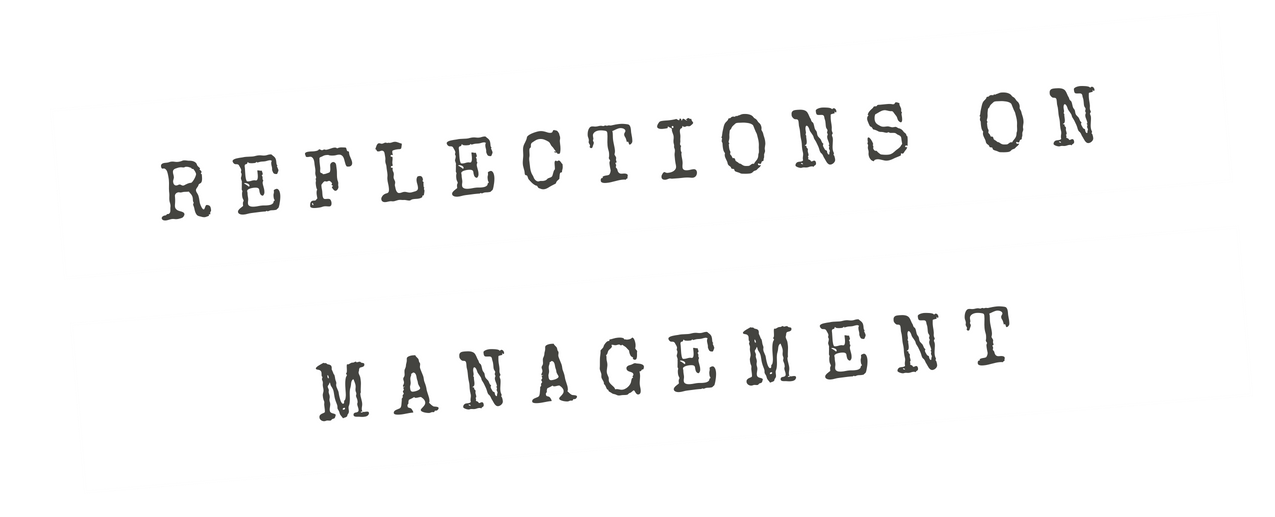We learned a lot together as a group that we probably would not have if it wasn’t such a summative event
Season 4, Episode 4 — Click here to download the transcript
From work to education, much of what we do is measured in individual achievement and assessment of individual outcomes. Job performance, grade-point averages, final examinations, so many things are individually based. For some time now, collaboration has become much more important and group-based work the norm. But we really haven’t figured out how to assess group effort apart from the sum of individual efforts. In my experience, group assessments run up against some very strong barriers. Can we overcome them? Perhaps one experience from my educational background provides a baby step forward.
We value collaboration, or at least we say we do. We want working groups and socialization of ideas to ensure buy-in, and that means that solving problems often involves group work. But of course, there are barriers to success in group work. One of them is the tendency ultimately to prioritize assessments of group work at the individual level. If the group work was successful, we wonder who made the most significant contribution? Or, who would we invite back? So, I’ll talk about an educational experience that takes collaboration to a new level and open it for discussion. This was an experience I had in my doctoral program, that I would discover long after was completely unique. It was the group comprehensive exam. The exam was done in groups because of the purpose behind the program since its beginning, to educate generations of scholar-practitioners capable of working together to solve big problems of executive leadership.
How did this work? What can we take from it to understand better how to assess collaboration in other settings? Listen and find out!
Works Referenced:
Hassanien, A. (2006). Student experience of group work and group assessment in higher education. Journal of Teaching in Travel & Tourism, 6(1), 17-39.
Wegener, F. (Host). (2020, January 17). How to make the shiny thing happen [Audio podcast].


